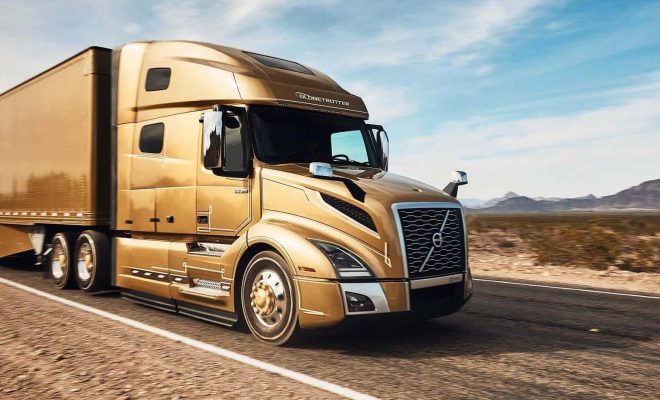Top Features to Look for in Heavy-Duty Transport Trucks

The foundation of sectors needing extensive logistics and transportation is heavy-duty transport trucks. Businesses would be much benefited from their capacity to ensure safety and efficiency when carrying large amounts across great distances. Still, selecting the appropriate truck requires weighing many important criteria. Designed for heavy-duty tasks, transport truck fleets support seamless operations across various industries. We discuss the main factors to weigh while choosing a heavy-duty transport truck below.
Engine Authority and Performance
Any transport truck’s heart is its engine, so its capacity depends on its performance. When assessing heavy-duty trucks, search for engines with high torque and horsepower since these directly affect the truck’s capacity to carry significant weights over demanding conditions. Additionally helpful are advanced engines with fuel-efficient technology since they lower running expenses without sacrificing performance.
Strong Construction and Chassis
The chassis and general construction quality of a heavy-duty truck define its lifetime. These vehicles have to travel through demanding conditions including different weather and long road hours. Ensuring the truck’s lifetime and safety depends on premium components including corrosion-resistant alloys and strengthened steel. Good weight distribution guaranteed by a strong chassis improves stability and lowers wear and tear.
Modern Transmission Devices
The way the vehicle manages several driving circumstances is largely influenced by the transmission system. In heavy-duty vehicles, automated manual transmissions (AMTs) are becoming more and more common since they lower driver tiredness and provide smoother gear changes. Particularly on hills or bumpy roads, trucks fitted with sophisticated transmission systems also offer improved fuel economy and handling.
Axle Configuration and Payload Capacity
Matching the vehicle with your transportation need depends on knowing its payload capacity. The weight the vehicle can carry and distribute depends on the axle configurations, such 6×4 or 8×4. These setups should fit the kind of goods being moved. Not only does overloading a truck above its limit compromise safety, but it also speeds mechanical wear and damage.
Safety Tools and Technologies
One cannot compromise safety in heavy-duty transport vehicles. Modern trucks have safety-enhancing technologies including electronic stability control, adaptive cruise control, and sophisticated braking systems. Furthermore greatly lessening the possibility of accidents are driver-assistance systems including lane-keeping aid and collision avoidance technologies. Purchasing a truck with strong safety measures not only shields the cargo but also the drivers.
Emissions Compliance and Fuel Economy
Excellent fuel efficiency in trucks is much sought for given growing environmental issues and rising fuel prices. Many manufacturers these days offer vehicles with hybrid or alternative fuel sources, including electric powertrains or LNG. Moreover, following strict emission criteria guarantees that the truck satisfies legal criteria and helps to create a sustainable future.
Telematics andconnectivity
Telematics and networking tools taken together have transformed fleet management. GPS tracking, real-time diagnostics, and remote monitoring features abound on contemporary heavy-duty trucks. These tools let fleet managers maximize paths, track vehicle condition, and improve general running effectiveness.
The transport truck solutions ensure efficient and reliable logistics for businesses managing bulk goods and materials.





